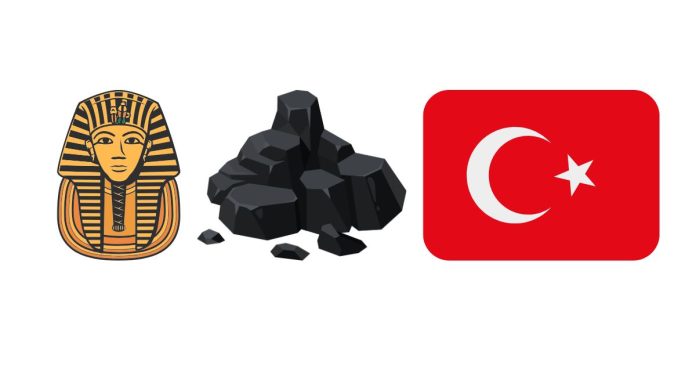Iron, one of the most essential metals in human history, has played a vital role in shaping civilizations and advancing technology. But where was iron first discovered? Unlike many other materials with a specific origin, iron’s discovery is deeply tied to early human history and spans across multiple ancient cultures and regions.
The Origins of Iron Discovery
Iron was not “discovered” in the traditional sense but rather stumbled upon and utilized by ancient civilizations. The earliest use of iron dates back to around 3000 BCE, with evidence pointing to multiple regions, including Mesopotamia, Egypt, and Anatolia (modern-day Turkey). These societies first encountered iron in its meteorite form, as naturally occurring meteorites contain iron-nickel alloys.
Meteoric Iron in Ancient Egypt
One of the most famous early uses of iron comes from ancient Egypt, where meteorite iron was fashioned into tools, weapons, and ornaments. For example, iron beads found in Egyptian tombs from around 3200 BCE were made from meteorites. The Egyptians referred to this iron as “metal from the heavens,” highlighting its celestial origin.
Iron Smelting in Anatolia
Around 1200 BCE, the Hittites of Anatolia are believed to have pioneered the smelting of iron from ore, marking the beginning of the Iron Age. This technological breakthrough allowed for the widespread production of iron tools and weapons, revolutionizing agriculture and warfare.
The Spread of Ironworking
From Anatolia, ironworking techniques spread to other regions, including Europe, Asia, and Africa. India and China also became significant centers of iron production, each developing unique methods of refining and using the metal.
Iron’s discovery cannot be attributed to a single country or culture. Instead, it was first encountered in meteorite form by ancient civilizations like the Egyptians, while the Hittites in Anatolia were among the first to smelt and work with it. This remarkable metal’s story is one of human ingenuity and the shared legacy of early societies that harnessed its power to forge the foundations of the modern world.


